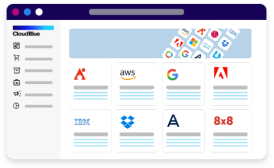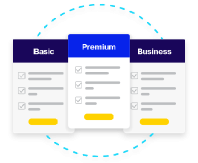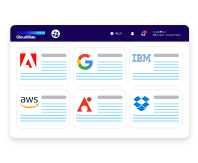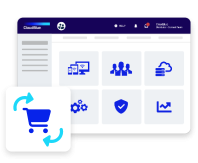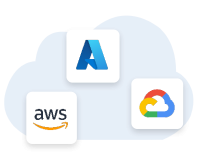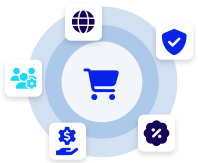A SaaS platform, or Software as a Service platform, is a cloud-based solution that delivers software applications over the internet. Instead of purchasing and installing software on individual computers or servers, users can access the platform through a web browser, eliminating the need for complex installations, maintenance, and updates. SaaS platforms are commonly used for a wide variety of business applications, ranging from customer relationship management (CRM) and enterprise resource planning (ERP) to communication tools and project management software.
One of the key advantages of a SaaS platform is its scalability. Businesses can easily adjust their usage based on demand, whether that means adding more users, increasing storage capacity, or accessing additional features. This flexibility allows companies to grow without the burden of investing in expensive hardware or managing extensive IT infrastructure.
SaaS platforms operate on a subscription-based model, where users pay a recurring fee—often monthly or annually—to access the software. This pricing structure makes SaaS more affordable and predictable compared to traditional software licensing, which often requires a significant upfront cost.
Another benefit of SaaS platforms is automatic updates. Since the software is hosted in the cloud, the provider can roll out updates and new features without requiring any action from the user. This ensures that customers always have access to the latest version of the software without downtime or disruption to their operations.
Security is also a significant advantage of SaaS platforms. Providers typically invest heavily in securing their platforms with data encryption, backup protocols, and compliance with industry standards. This gives businesses peace of mind knowing that their data is protected and managed by experts.

